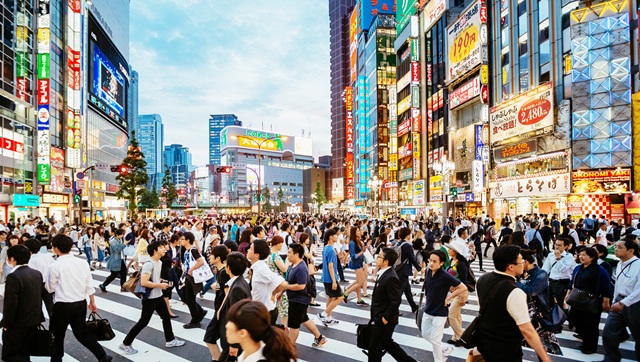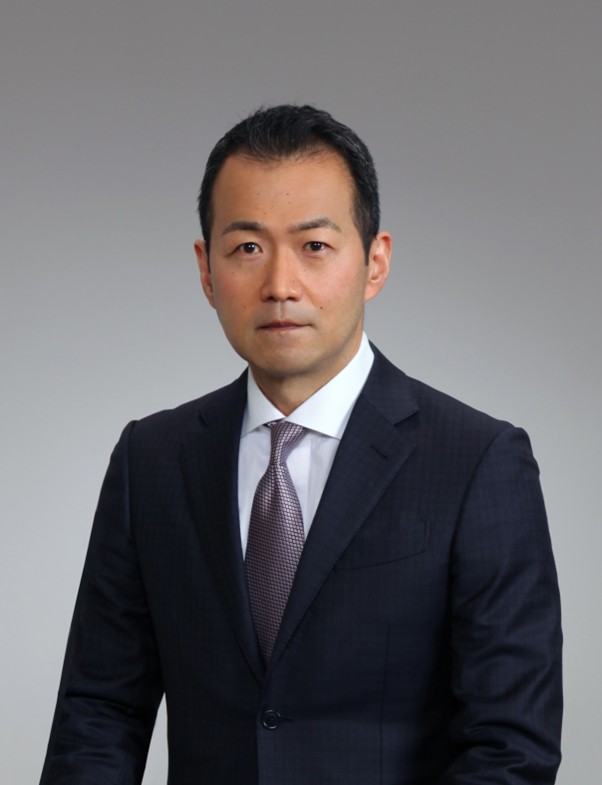Record-breaking recovery in Japan tourism fuels hotel market renaissance, writes JLL Hotels & Hospitality Group Managing Director, Head of Investment Sales Japan, James Abe.
Tourism has become a driver of Japan’s economic growth, with the nation targeting 60 million annual international visitors by 2030. Japan achieved remarkable progress in 2024, hosting 36.9 million foreign tourists—surpassing the 2019 record of 31.9 million. Through June 2025, arrivals exceeded 21.5 million, representing a 21% year-over-year increase and 30% above pre-Covid levels.
South Korea now leads as Japan’s primary source market, overtaking Mainland China from its 2019 position. Chinese visitor recovery has steadily improved, with January 2025 delivering a breakthrough of 980,000 visitors—a Chinese New Year record approaching pre-pandemic summer peaks.
Despite strong inbound growth, domestic travelers remain dominant at 75% of accommodation guests, supported by the weak Yen. Hotel performance has reached new heights across all major markets, with RevPAR substantially exceeding 2019 benchmarks through strong ADR growth. Tokyo’s luxury segment leads with exceptional 71% RevPAR growth, while Osaka’s midscale market achieved 63% growth.
Regional expansion opportunities vary significantly, with Okinawa and Sapporo leading hotel development. Tokyo shows conservative 2.0% supply growth concentrated in high-demand areas like Nihonbashi and Shibuya, while Osaka exhibits the most measured expansion at just 1.1%.
Japan hotel investment market continues to show strong momentum
Japan’s hotel investment market has maintained its robust trajectory into 2025, with the first half of the year recording USD1.5 billion in transaction volume. This strong start positions the market well for continued growth throughout the year, building on the exceptional performance witnessed in 2024, which marked a record year for Japanese hotel investment activity.
Record-breaking growth driven by foreign capital
The remarkable growth in Japan’s hotel investment volume has been significantly facilitated by an influx of foreign investment capital. International investors are increasingly attracted to Japan’s favorable debt environment, the depreciated yen creating attractive entry points, and the country’s strong demand and supply fundamentals in the hospitality sector. These compelling market conditions have created an ideal investment climate that continues to draw substantial overseas capital into Japanese hotel assets.
Geographic concentration in major urban centers
Market activity has historically concentrated in Japan’s primary metropolitan areas, with Tokyo, Osaka, and Kyoto collectively accounting for more than 50% of total transaction volume from 2018-2024 (excluding 2022). Tokyo’s dominance was particularly pronounced in 2019, when the city’s proportion of transaction value surged to 58%, largely driven by the significant approximately JPY100-billion-sale of the Westin Tokyo, which exemplified the scale of high-value transactions occurring in the capital.
Portfolio strategy shifts and regional diversification
The market witnessed a notable shift in 2022, characterized by a higher proportion of portfolio sales as Japanese corporations strategically divested hotel assets from their holdings. Simultaneously, regional capital cities such as Fukuoka and Sapporo have gained increasing appeal among investors, primarily due to the slightly higher yields these markets offer compared to the major metropolitan centers. Fukuoka has demonstrated particularly strong growth, increasing its share of transactions from 2.2% during 2013-2018 to 4.9% in the 2019-2024 period, while Sapporo similarly expanded its market share from 2.9% to 4.1% over the same timeframe.
Positive outlook for continued growth
The investment climate remains overwhelmingly positive as we progress through the first half of 2025. Investor demand continues to be underpinned by the attractive returns available in the Japanese hotel sector and the long-term appreciation potential that these assets represent. Based on current market momentum and investor sentiment, Japan is anticipated to achieve approximately USD 4.9 billion in hotel investment volume for the full year 2025, demonstrating the sustained confidence in the country’s hospitality real estate market.


